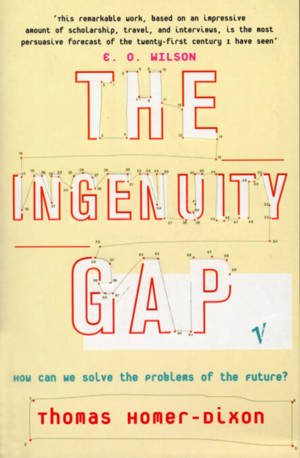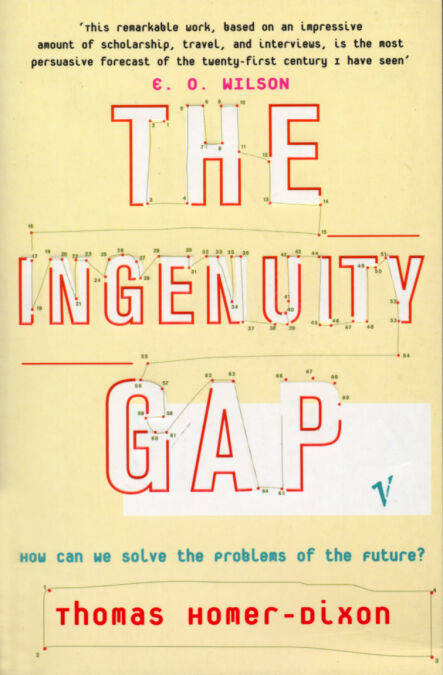
Bedankt voor het vertrouwen het afgelopen jaar! Om jou te bedanken bieden we GRATIS verzending (in België) aan op alles gedurende de hele maand januari.
- Afhalen na 1 uur in een winkel met voorraad
- In januari gratis thuislevering in België
- Ruim aanbod met 7 miljoen producten
Bedankt voor het vertrouwen het afgelopen jaar! Om jou te bedanken bieden we GRATIS verzending (in België) aan op alles gedurende de hele maand januari.
- Afhalen na 1 uur in een winkel met voorraad
- In januari gratis thuislevering in België
- Ruim aanbod met 7 miljoen producten
Zoeken
Omschrijving
Is our world becoming too complex and too fast-paced to manage? The challenges facing human societies - from international financial crises and global climate change to pandemics of tuberculosis and AIDS - converge, intertwine, and often remain largely beyond our ken. Most of us suspect that the 'experts' don't really know what's going on and that as a species we have released forces that are neither managed nor manageable. This is the 'ingenuity gap' - the term coined by Thomas Homer-Dixon - the critical gap between our need for practical and innovative ideas to solve complex problems and our actual supply of those ideas. Homer-Dixon shows us how, in our complex world, while poor countries are particularly vulnerable to ingenuity gaps, our own rich countries are no longer immune. When the gap widens political disintegration and violent upheaval can result, reaching into our own economies and daily lives in subtle, unforeseen ways.
Specificaties
Betrokkenen
- Auteur(s):
- Uitgeverij:
Inhoud
- Taal:
- Engels
Eigenschappen
- Productcode (EAN):
- 9781407073996
- Verschijningsdatum:
- 29/04/2011
- Uitvoering:
- E-book
- Beveiligd met:
- Adobe DRM
- Formaat:
- ePub

Alleen bij Standaard Boekhandel
+ 8 punten op je klantenkaart van Standaard Boekhandel
Beoordelingen
We publiceren alleen reviews die voldoen aan de voorwaarden voor reviews. Bekijk onze voorwaarden voor reviews.









